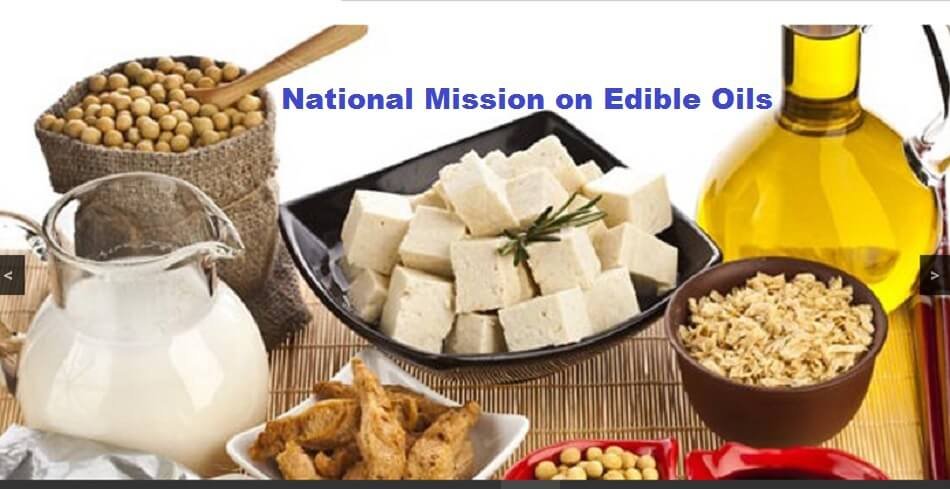SOPA urged PM to Implement National Mission on Edible Oils without delay, with adequate fund
With an annual growth rate of 4% in area and productivity of oilseeds, India could be self-sufficient in edible oils by 2030, according to Davish Jain, Chairman of the Soybean Processors Association of India (SOPA), who urged Prime Minister Narendra Modi to implement the National Mission on Edible Oils without delay and with adequate financial support.
Jain was addressed during a webcast on Smart Agriculture-Strategies for Implementation, where Prime Minister Narendra Modi discussed the good impact of Budget 2022 on agriculture. Also Read | Govt intend to achieve Aatmanirbhar in edible oil under oil palm cultivation
Increased funds
‘National Mission on Edible Oil is a great initiative, but it needs to be backed by a much larger corpus of funding, especially for major oilseed crops such as soybean, rapeseed-mustard, groundnut, and sunflower seed, SOPA Chairman said, emphasizing the need for substantial expenditure to increase oilseed production. Smaller expenditures will not be enough to have more effect, particularly in the transmission of technology from the lab to the field via extension services to oilseed farmers.’
‘Set a tough goal of increasing area and productivity by 4% per year, and we can be Atmanirbhar in edible oils by 2030,’ Jain added. Piyush Goyal, Minister of Commerce and Industry, Consumer Affairs, Food, and Public Distribution, and Textiles participated in the webinar’s breakout session in which the plan for achieving self-reliance in edible oil was reviewed.
Urge to keep up present duty form on soybean and sunflower seed oil-SOPA
Increasing soya farming and consumption
The Chairman of SOPA asked that the government foster the use of technology in agriculture and build community-based facilities for use by farmer organizations. Jain proposed distributing free or heavily subsidized soybean seeds to farmers in Haryana and Punjab in order to move acreage away from rice and wheat production and toward soyabean and rapeseed/mustard crops.
‘Begin a large awareness campaign for the use of soya-based food in the public distribution system, such as fortified atta, and raise funding for the inclusion of soyabean in mid-day meals and other State-funded initiatives.’ The current money is insufficient. ‘Assist the industry in modernising and establishing additional downstream soya-based product lines as well as start-up facilities for value-added manufacturing,’ Jain said in his presentation.
SOPA opposed poultry industry’s request to extend GM soyameal importing period
SOPA stated in a statement that protein goods provide around ₹50,000 crore in value, while soya oil contributes another ₹25,000 crore at present pricing. Soyabean is a key kharif crop that requires less water. Soyabean production in India is low, owing mostly to poor extension and insufficient or incorrect input supplies, particularly excellent quality seeds.
‘A country with exportable surpluses in cereals, sugar, cotton, and so on may also attain ‘Atmanirbharta’ in oilseeds and edible oils. We can, rather, need to generate around 80-90 million tonnes of oilseeds if enabling policy elements to incentivize farmers are implemented at the ground level,’ he added.


















Add Comment